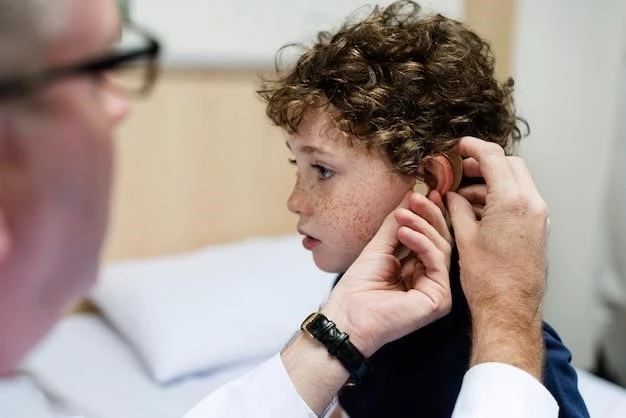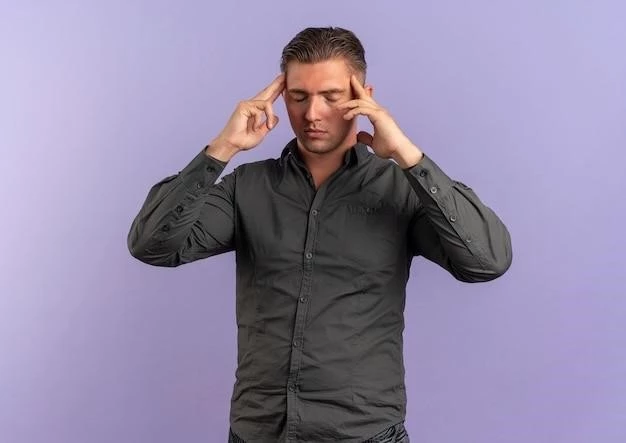Article Plan⁚ Disease ー Tinnitus
Introduction to Tinnitus
Tinnitus is the perception of sound in the ears or head without any external source of the sound. It can manifest as ringing, buzzing, hissing, or other noises. While nearly everyone experiences mild tinnitus at some point, it can become a persistent issue affecting daily life for some individuals. Understanding the causes, symptoms, and management strategies for tinnitus is crucial in coping with this condition.

Definition and Causes of Tinnitus
Tinnitus is the perceived sound in the ears or head without an external source. It can range from ringing to buzzing, hissing, or other noises. Tinnitus can result from conditions like otosclerosis, neurological disorders, or exposure to loud noises. While it doesn’t directly cause hearing loss, it can be associated with it. Understanding the underlying causes of tinnitus is essential for effective management and treatment. Seek medical advice to address your specific tinnitus concerns.
Types of Tinnitus
Tinnitus can be subjective, where only the person with tinnitus hears the sound, or objective, where the sound can be heard by another person or the examiner. The sound experienced can vary from ringing to buzzing, hissing, or other noises. Understanding the type of tinnitus you have can help in determining the appropriate management and treatment options. Seek medical advice to identify the specific type of tinnitus you may be experiencing.
Symptoms of Tinnitus
Tinnitus manifests as perceiving sound in the absence of any external noise source. Individuals may experience ringing, buzzing, hissing, or other sounds in the ear or head. These sounds can vary in intensity and frequency. Tinnitus can be a persistent issue for some, impacting their daily lives and causing irritation or avoidance behaviors. Seeking medical advice for proper diagnosis and management is crucial if you are experiencing distressing tinnitus symptoms.
Diagnosis of Tinnitus
Diagnosing tinnitus involves a comprehensive evaluation by a healthcare professional. This assessment may include a physical examination, hearing tests, imaging studies, and a thorough review of your medical history and current symptoms. It is essential to seek medical advice if you suspect you have tinnitus, as accurate diagnosis is the first step in determining the appropriate management and treatment plan tailored to your specific needs.
Impact of Tinnitus on Daily Life
Tinnitus can have a significant impact on daily life, affecting one’s concentration, sleep, and emotional well-being. The constant perception of sound, whether it’s ringing, buzzing, or hissing, can lead to irritability, anxiety, or even depression in some individuals. Coping strategies and seeking professional help are essential to improve the quality of life for those experiencing distress due to tinnitus. Remember that managing stress and implementing relaxation techniques can aid in reducing the impact of tinnitus on your daily activities.
Treatment Options for Tinnitus
There are various treatment options available for tinnitus, including sound therapy, counseling, medications, and lifestyle changes. Sound therapy aims to mask the tinnitus noise and provide relief. Counseling can help individuals manage the emotional impact of tinnitus. Certain medications may be prescribed to alleviate symptoms. Lifestyle changes such as reducing stress and avoiding loud noises can also play a significant role in managing tinnitus. Consulting a healthcare professional is essential to determine the most suitable treatment plan for your specific tinnitus condition.
Tinnitus Retraining Therapy
Tinnitus Retraining Therapy (TRT) is a therapeutic approach that combines sound therapy and counseling to help individuals habituate to tinnitus and reduce their awareness of the sound. TRT aims to retrain the brain’s response to tinnitus signals, enabling the individual to perceive the sound as less bothersome over time. If you are struggling with tinnitus distress, exploring TRT with a healthcare professional specialized in tinnitus management may offer you effective coping strategies.
Management Strategies for Coping with Tinnitus
Coping with tinnitus involves adopting various management strategies to reduce its impact on daily life; Creating a peaceful environment, using white noise machines, practicing relaxation techniques, and maintaining a healthy lifestyle can all contribute to managing tinnitus-related distress. Additionally, seeking support from healthcare professionals, joining support groups, and exploring counseling services can help individuals cope effectively with tinnitus and improve their quality of life. Remember, managing tinnitus is a journey, and finding the right strategies that work for you may require patience and persistence.
Prevention of Tinnitus
Preventing tinnitus involves protecting your hearing from loud noises, using ear protection in noisy environments, avoiding prolonged exposure to loud music, and maintaining overall ear health. Limiting exposure to excessive noise levels and using earplugs or earmuffs in loud settings can help prevent tinnitus caused by noise-induced hearing loss. Regular hearing check-ups and adopting healthy hearing habits are essential in preventing tinnitus. If you experience symptoms of tinnitus, seek medical advice promptly for early intervention and management.

Research and New Treatment Approaches for Tinnitus
Research into tinnitus continues to explore new treatment approaches to alleviate symptoms and improve quality of life for individuals affected by this condition. Studies focus on innovative sound therapies, neural stimulation techniques, and advances in understanding the underlying mechanisms of tinnitus perception. Keeping abreast of research developments and consulting with healthcare professionals can offer insights into emerging treatment modalities that may benefit you in managing tinnitus effectively. Stay informed and consider participating in clinical trials to contribute to the advancement of tinnitus treatment options.
Conclusion and Importance of Seeking Medical Advice
In conclusion, tinnitus, or the perception of sound in the ears or head without an external source, can significantly impact your quality of life. It is crucial to seek medical advice if you are experiencing bothersome tinnitus symptoms to receive an accurate diagnosis and personalized treatment plan. Remember, early intervention and appropriate management strategies can help alleviate distress and manage tinnitus effectively. Seeking professional help is key to finding relief and improving your overall well-being.
